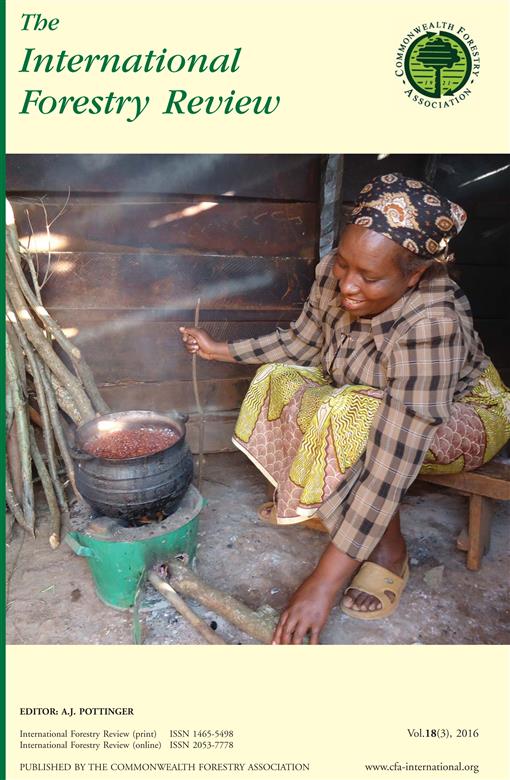Reduced-impact logging (RIL) is widely expected to maximize conservation values of selectively logged tropical forests; however, there remains a lack of supporting data to confirm the effectiveness of individual RIL practices. This study evaluates the extent of damage to residual stands and soil caused by directional felling, elephant skidding, and road construction in a tropical mixed deciduous forest under the Myanmar Selection System (MSS). The felling damage number was consistently larger for bamboo clumps than for trees over the range of felled tree size and felling intensity. Soil disturbed by road construction made up 4.6% of the 9-ha study area, but no visible damage to residual trees and soil from elephant skidding was found three months after the operation. Directional felling toward bamboos and elephant skidding of MSS are effective as RIL practices, producing the lowest level of damage to residual trees and soil as compared with other RIL studies.
How to translate text using browser tools
1 September 2016
Effects of Directional Felling, Elephant Skidding and Road Construction on Damage to Residual Trees and Soil in Myanmar Selection System
T.C. Khai,
N. Mizoue,
T. Kajisa,
T. Ota,
S. Yoshida
ACCESS THE FULL ARTICLE

International Forestry Review
Vol. 18 • No. 3
September 2016
Vol. 18 • No. 3
September 2016
felled tree size
felling intensity
Mixed deciduous forest
reduced-impact logging
road construction




